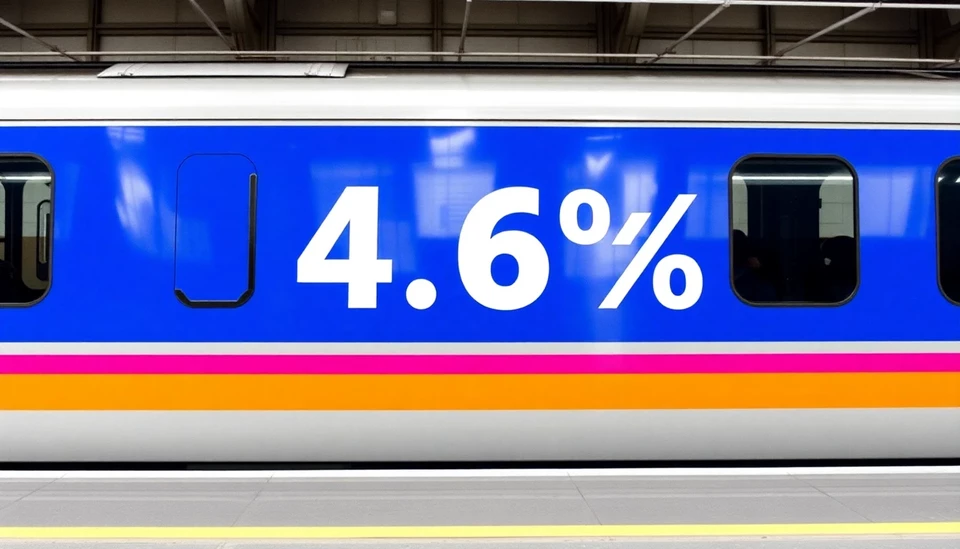
In a disheartening development for millions of rail passengers, train fares across the UK are set to rise by an alarming 4.6% come next spring. This increase marks yet another burden on the shoulders of commuters and leisure travelers alike, who are already grappling with the rising cost of living and fuel prices. The change, announced by the government, has raised eyebrows and sparked indignation among customer advocacy groups and regular travelers, many of whom are questioning the justification for such a hike amid economic uncertainties.
The decision to impose these fare increases is particularly disconcerting when one considers the ongoing struggles that many families face. The current economic climate, exacerbated by global issues and local inflation, has left many households tightening their budgets. The rise in rail fares, therefore, is perceived not merely as a financial inconvenience but rather an additional obstacle that could alter travel plans for many.
As soon as the announcement was made, platforms and social media channels lit up with the reactions from affected passengers. Commuters lamented this latest cut into their already strained finances, voicing their frustration over what they perceive as a lack of value offered by rail services. Customers have expressed concerns over delays, cancellations, and overcrowded trains, which threaten to dampen the overall travel experience, despite paying higher fares.
Industry experts argue that the fare hikes may be justified by rising operational costs. However, the effectiveness of this approach remains under scrutiny. Many individuals feel that rather than investing in fare increases, rail operators should be focused on ensuring a reliable and serviceable transportation system that adequately meets passenger needs.
Passengers have now called on the government to reconsider the increase, demanding transparency and improvements in the quality of service as a condition for accepting higher fares. Various transport advocacy groups have voiced their discontent, suggesting that the government should prioritize enhancing rail infrastructure and addressing service issues, rather than resorting to fare hikes as a solution to funding challenges.
In a bid to assist customers feeling the pinch, some rail companies have started to promote discounted ticket options, especially for off-peak travel. Nonetheless, many are skeptical that these offers present genuine savings in light of the impending fare increases. The overwhelming sentiment, however, remains that improved service quality should take precedence over higher charges.
This looming fare rise continues to evoke discussions about the future of rail travel in the UK, raising important questions regarding accessibility, efficiency, and the role of public transport in a transitioning economy. The need for a balanced approach that supports both the financial sustainability of the rail industry and the passenger experience has never been more critical.
Looking ahead, passengers and advocacy groups alike will be closely monitoring how rail operators respond to these challenges and whether they can successfully balance the complex equation of fare increases with maintaining and enhancing service quality throughout the upcoming months.
It remains to be seen how commuters will adapt to this new fare landscape, but one thing is clear: with costs rising and service challenges persisting, the pressure on both rail operators and the government will continue to mount.
#TrainFareHike #UKTravel #RailIndustry #CommuterChallenges #PublicTransport #TransportationCosts #RailPassengerRights
Author: Daniel Foster




